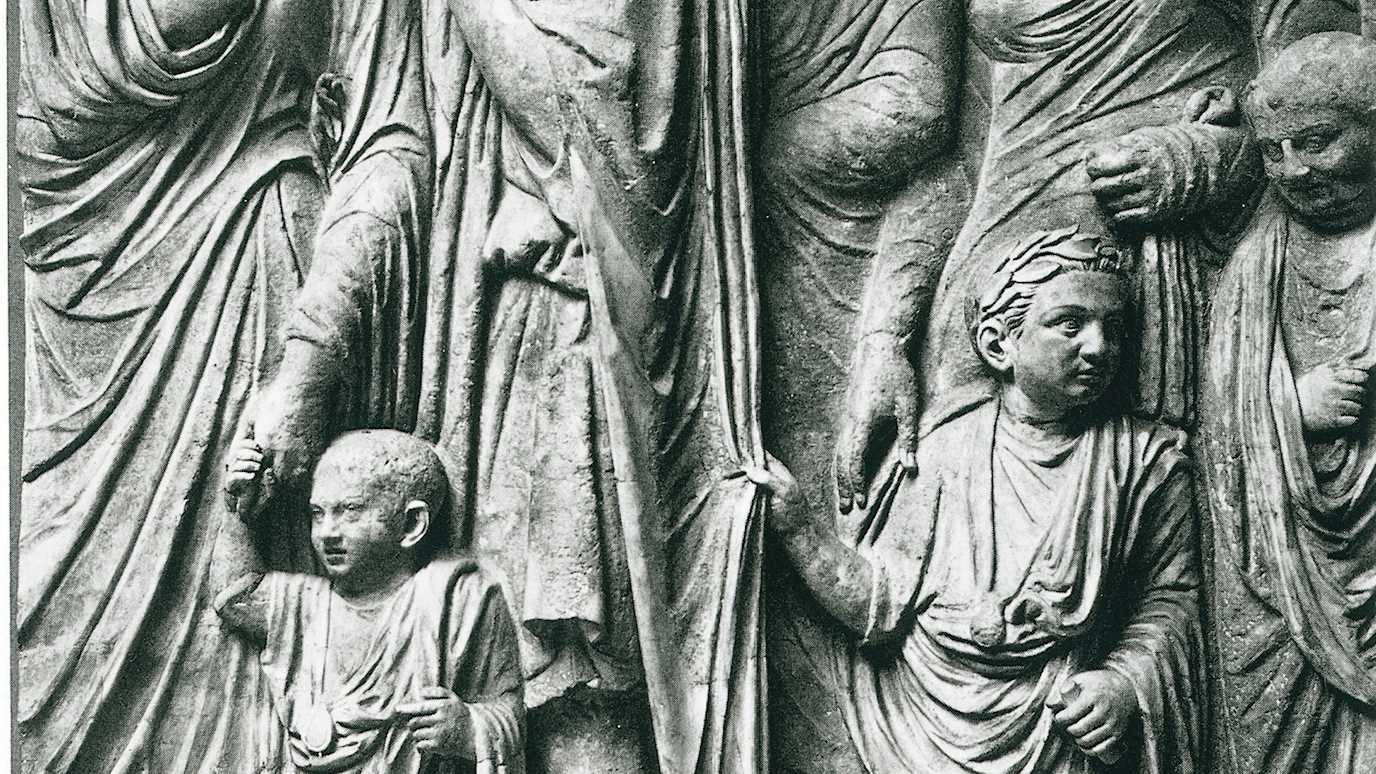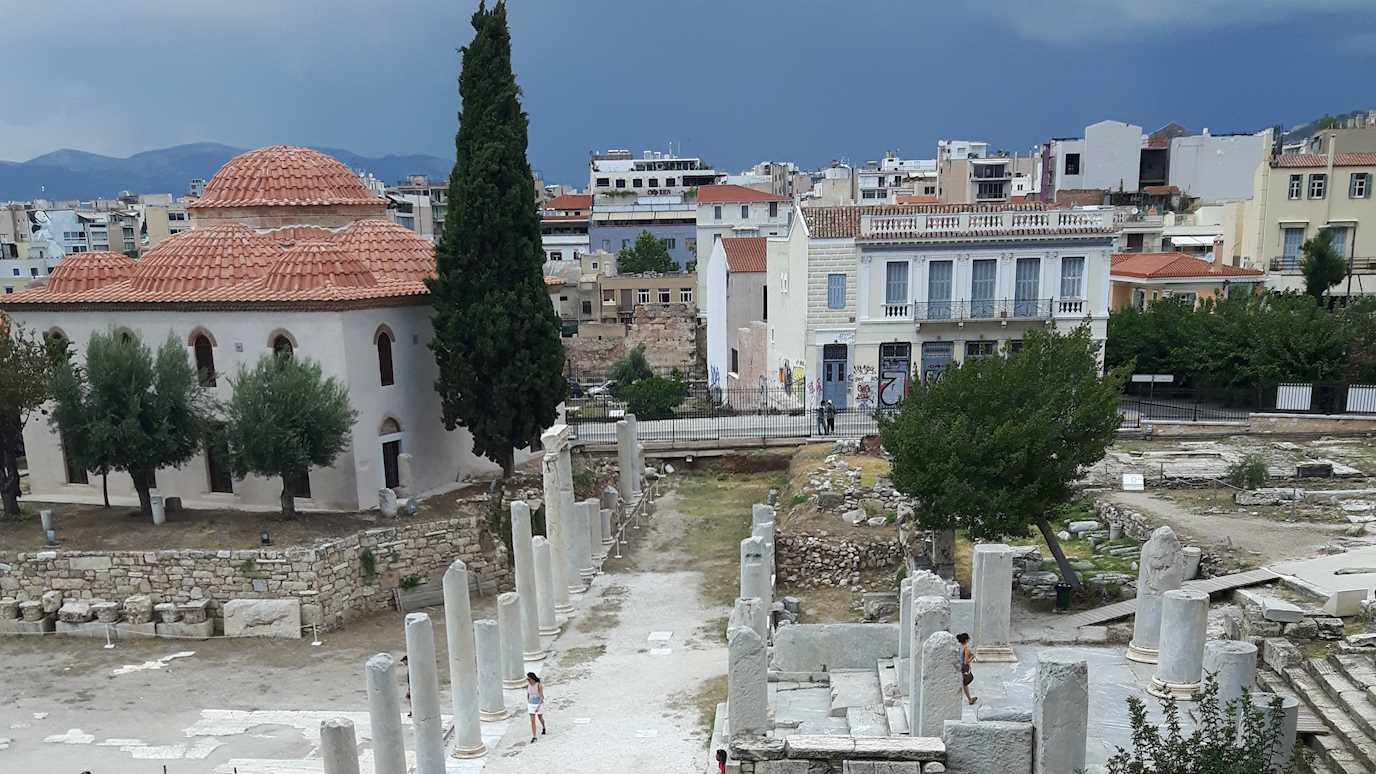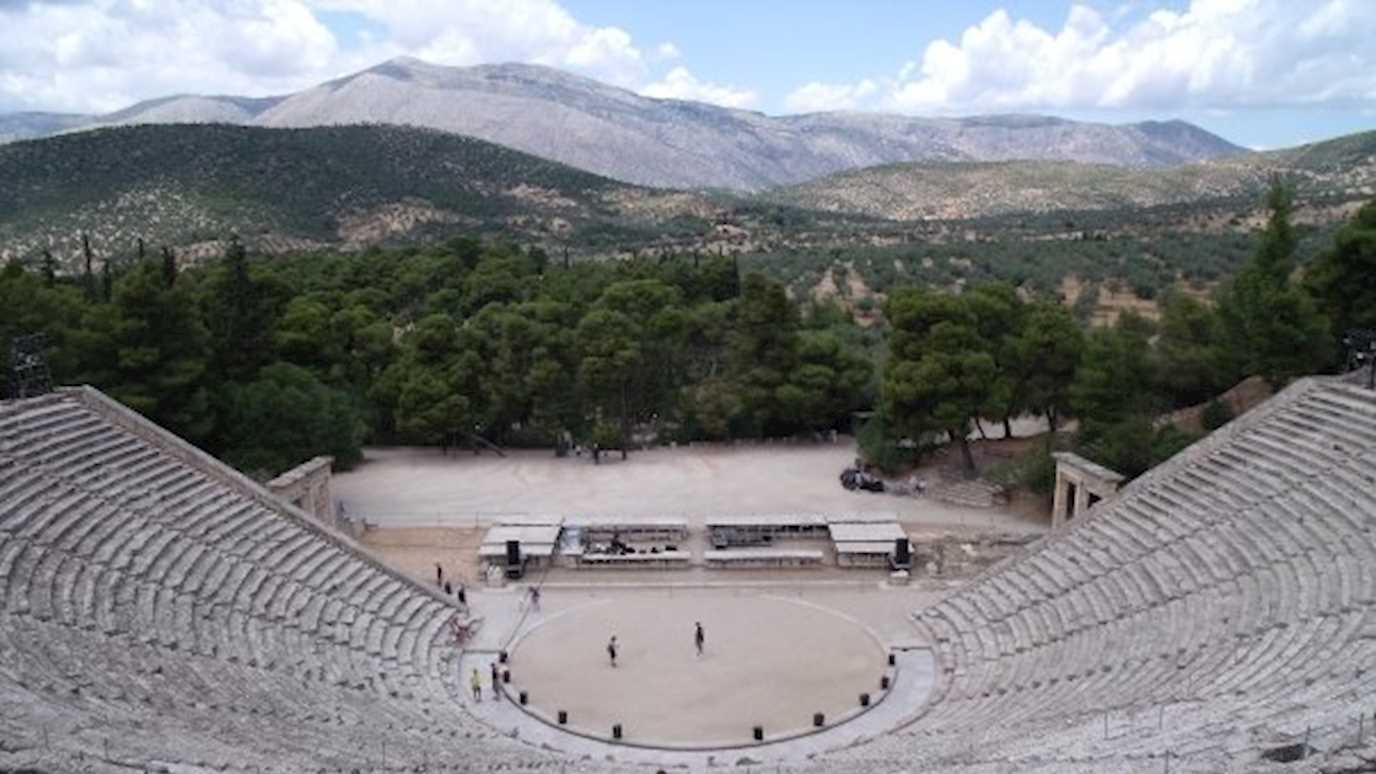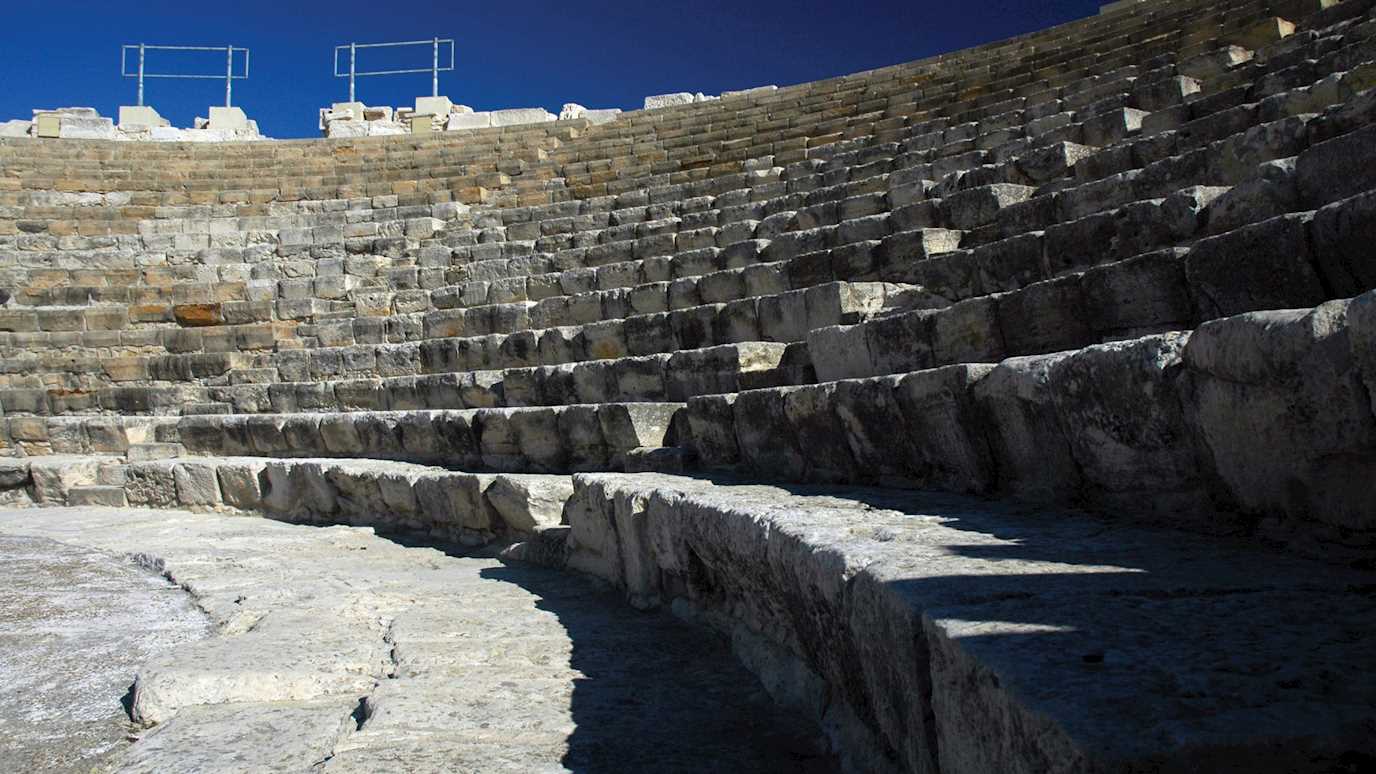In trying to understand antiquity, we are constantly crossing disciplinary boundaries.
Our main strength is intellectual diversity. Classics research is by nature a connected and multi-disciplinary collective, and we are always drawing on the knowledge of our colleagues. We have close relations with our fellow Departments in the School of Humanities, particularly History and English, and more widely in the university. We welcome projects that cross departmental and School boundaries. We have had particular interest in projects using digital technologies in archaeology and looking at English-language and European cultural traditions.
But that diversity is grounded in a solid understanding of and engagement with the particular skills, perspectives, and methodologies of our own disciplinary areas: Archaeology, Greek History, Roman History, and Classical Literature. We thus maintain strong disciplinary communities of staff and post-graduate researchers which engage in the core debates around which our disciplines are structured. We welcome applications for PhD study across the range of disciplinary areas.
In terms of our (sub-)disciplinary communities, we are particularly engaged with colleagues from other London Colleges in the research community based around the Institute of Classical Studies in London. The Institute offers a vast range of research events, from its seminar series to full day events and major international conferences. The regular series of seminars brings together academics nationally and internationally, normally within disciplinary groups. These communities and institutions contribute to our strong disciplinary research identities.
Research by Disciplinary Areas
Archaeology
Zena Kamash, Jari Pakkanen, Erica Rowan
Our archaeologists cover three different areas of archaeological research. Zena Kamash has a strong working relationship with museums and heritage, with a focus on the Syria, Iraq and the Levant. She is particularly interested in heritage as a public good and hence how it can be used to establish identities and security after displacement and trauma.
Erica Rowan works with archaeobotanical remains for a variety of Mediterranean territories. She uses these to explore the presence, meaning, and transmission of foodstuffs across the Mediterranean. Her work at Pompeii identified class differences in food consumption and looked in detail at how plant-based fuels were consumed in the Classical city. She is also interested in how identities were connected to food and taste.
Jari Pakkanen is an expert in the use of quantitative methods and digital technologies in archaeological research, particularly in the areas of archaeological reconstruction. He employs these technologies both for the very detailed recording of objects and for the reconstruction of sites. He has recently worked on excavations and Naxos, in Sicily, and is currently engaged in the survey and excavation of the Attic urban site of Salamis.
Greek History
Christos Kremmydas, Boris Rankov, Lene Rubinstein
In Greek history, our focus has been on the socio-political history of the Greek world, particularly those illuminated by oratory and legal disputes. Both of our Greek historians, Lene Rubinstein and Christos Kremmydas, are closely involved with the Centre for Oratory and Rhetoric and have led the various projects through that centre which have concerned themselves with the use of rhetoric in a series of different historical contexts. Lene Rubinstein has been recently focused on political history and the law. She has been publishing on refugees and inter-community relations in the Athenian world. She is also following up interests in political populism and, more broadly, community feuds and reconciliation in the fourth century. Chris Kremmydas has been engaged in a major project looking at practices of deception in Greek oratory. This continues his established interest in the forms of Greek oratory and the education of the Greek elites into its disciplines.
One step away from these is Boris Rankov. He is an expert in the field of naval history and the reconstruction of ancient warships. He has led a major international project on ancient shipsheds and is currently working on the institutional history of the Athenian navy.
Roman History
Richard Alston, Boris Rankov
Our two Roman historians bring together diverse interests.
Richard Alston has a broad range of interests, stretching from Egypt in the Roman period to issues of Classical reception. His work is at the cusp of political theory and Roman history and in particular how the everyday structures of power relate to imperial influences. He has published recently on the cultural and economic underpinnings of Egyptian households and the sociology of Alexandrian riots. His most recent book was a revisionist history of the Augustan period, focusing on the more material aspects of the Augustan regime. He has also published extensively on Tacitus and political theory and issues.
Boris Rankov has focused on military history, and especially the history of the Roman army on the imperial frontiers. His work on military intelligence-gathering used epigraphy to illuminate the organisation and activity of the Roman army in this area. He has also worked on the army in the city of Rome, particularly the praetorian guard, and is about to publish on the mysterious female face-mask helmets often associated with the Roman cavalry.
Classical Literature
Siobhan Chomse, Liz Gloyn, Richard Hawley, Nick Lowe, Efi Spentzou
In Greek and Latin, research has a strong focus on literary theory, which is approached in diverse forms and across a range of literary texts. All our literary scholars are also engaged in the study of Classical reception. This work ranges in focus from the philosophical and political theory to popular culture and from the nineteenth century to the contemporary era.
Siobhan Chomse also works within a body of theory, particularly that relating to the sublime. She studies manifestations of the sublime in a range of imperial Latin texts, both poetry and prose, looking at the way in which the authors construct a literary and political sublime. This work covers a range of genres and periods, from the Augustan to the the early second century. Her next work will focus on the figure of the emperor in Roman literary representations.
Liz Gloyn works with Roman philosophical texts, mostly Seneca. Her approach is to find the socio-historical within the philosophical and this has led to a focus on the familial and domestic in philosophical literature.
Richard Hawley is interested in the pedagogy of Classics, and in particular issues of gender.
Nick Lowe has pioneered narratology in Classical studies and follows up interests in how literature works as a psychological phenomenon. He is interested in issues of plot and the reception of plot through a range of media. His work covers the great range of Greek literature from Homer to the Greek novel and its receptions.
Efi Spentzou's work has focused on feminism and identity, particularly with regard to Latin literature. Her earlier work on the female voice in Ovid led her into consideration of the Roman self, its transformations and literary manifestations. Her most recent recent booked returned to the elegiac love poetry. She is publishing on contemporary feminist theories of the self and how Roman literature (and its receptions) destabilise and question fixed identities.
























